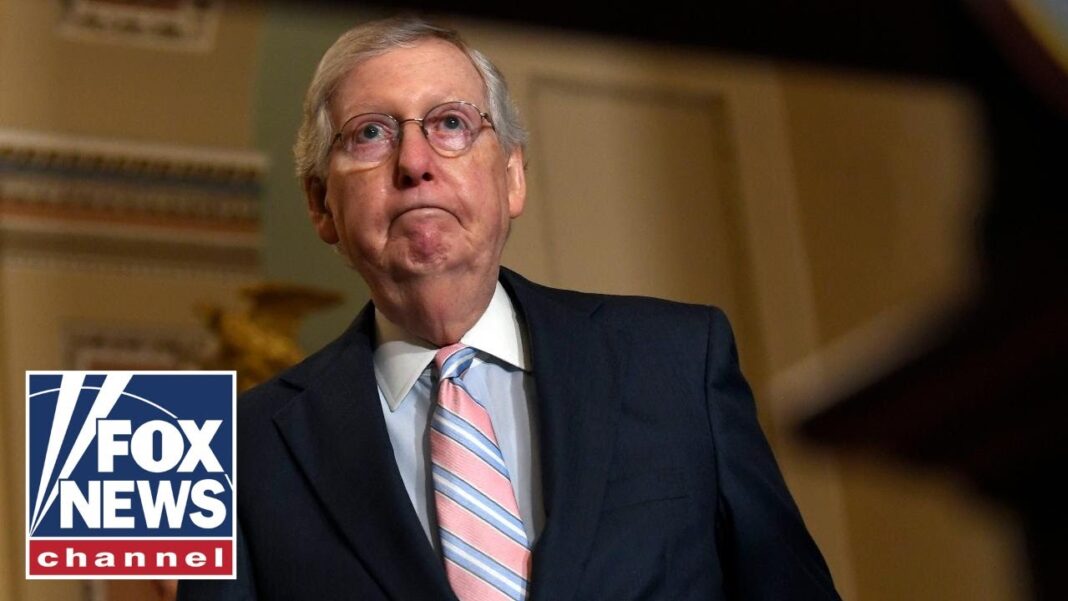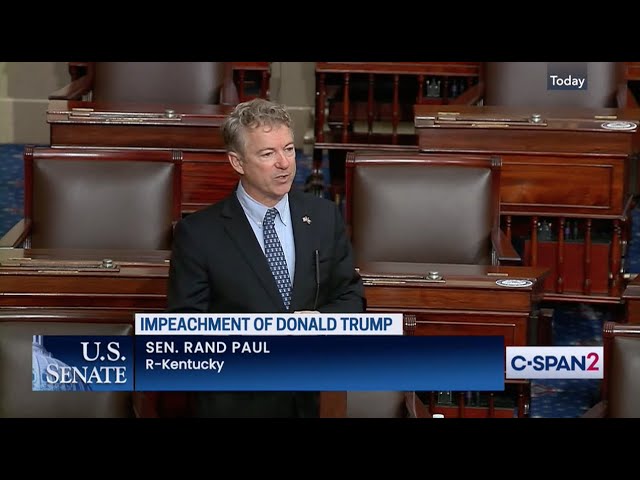Budget Reconciliation is a powerful feature of the Congressional budget process. Originally established to allow Congress to make unpopular reforms to entitlement programs, it is most frequently used to sideline the minority party in the passage of significant legislation. Budget Reconciliation can only be used if reconciliation instructions are included in the House and Senate budget resolutions. If the resolution passes both Chambers by a simple majority vote, the reconciliation instructions may place spending or revenue targets on certain programs, pressuring relevant committees to prepare legislation affecting revenues or mandatory spending that comply with those targets.
Once a reconciliation bill is put to a vote, the law requires expedited approval, and debate on a Reconciliation bill is limited to 20 hours in the Senate. This means that the House and Senate can pass reconciliation bills with only a simple majority ,instead of the 60-vote majority typically needed to pass legislation in the Senate. The primary restriction on reconciliation, known as the Byrd rule, prohibits Senators from using reconciliation to pass legislation that is extraneous to the federal budget.
Budget Reconciliation was historically used to facilitate the passage of landmark legislation. During President Reagan’s two terms in office he and the Democratic Congress enacted sweeping tax and spending cuts, as well as changes to Medicare and Medicaid using budgetary reconciliation seven times. In 1990 President George H. W. Bush signed a bipartisan budget reconciliation bill which broke his famous “read my lips no new taxes” pledge. Reconciliation was also used to enact significant welfare reforms inline with the Republican party’s Contract with America under President Clinton. More recently budget reconciliation has been used by the majority party to override the minority party. For example, a Republican congress used it to pass significant tax cuts under President George W. Bush. Some aspects of the Affordable Care Act, also know as Obamacare were passed using reconciliation, as well as a recent attempt to repeal the Affordable Care Act, which failed by one vote. The most recent application of reconciliation was the 2017 Tax Cuts and Jobs Act which was enacted by a Republican Congress and President Trump in the face of unifying opposition by the Democratic minority in both Chambers.






